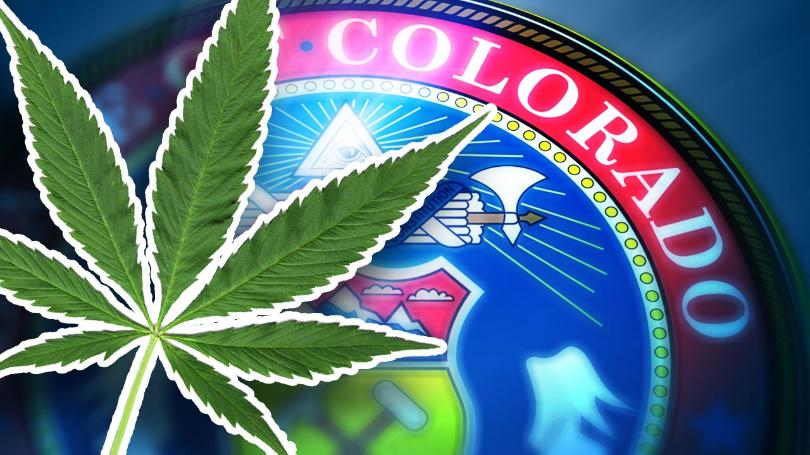Colorado’s cannabis sales approach $10 billion since the market’s inception
Colorado, which boasts one of the largest and well-established legal cannabis markets on the planet, has reached a sales milestone. Based on new figures published by the State Department of Revenue, the market has gleaned almost $10 billion in legal transactions since its official launch in 2014.
State officials highlighted a 23.35 percent increase in sales between 2019 and 2020 — a total of $2.19 billion was harvested in 2020. In December, the state recorded over $186 million in sales revenue.
Furthermore, this past January, combined sales revenue from Colorado’s medical and recreational cannabis markets topped a staggering $9.98 billion.
Rising sales figures are having a direct effect on the economy as a whole, with Colorado’s cannabis program having generated $1.63 billion in tax and fee revenue since its inception.
Colorado awards first ever adult-use cannabis delivery license
Following the recent news of one specific business bagging the state’s first adult-use delivery permit, cannabis retailers in Colorado look set to continue attracting plenty of revenue for the state.
High Country supply – which conducts business under the name “Colorado Harvest Co.” – just landed approval to begin delivering recreational cannabis products among the state’s consumer demographic.
The company is expected to be the first of many to receive such permits, which are designed to make life easier for consumers who rely on the plant amid coronavirus-related social distancing measures.
Regulators began accepting adult-use cannabis delivery license applications on January 1 and its first licensee, Colorado Harvest, aims to begin delivery services by March 1; contingent on city approval.
Last year, cannabis regulators in Colorado started distributing medical cannabis delivery permits under the terms of a newly-imposed state law. State data shows that, as of February 1, 2020, six medical cannabis transport licenses had been issued. However, it’s important to note that local jurisdictions are first required to approve cannabis delivery services within their borders.
A Colorado Democrat wants to cap THC levels in cannabis products at 15 percent
While most news pertaining to Colorado’s adult-use cannabis industry is overly positive, a soon-to-be introduced bill could throw a spanner in the works. According to a report published by The Denver Post on Thursday, February 4, State Rep. Yadira Caraveo – a pediatrician and Thornton-based Democrat – is planning on submitting a bill that would cap THC (tetrahydrocannabinol) levels at 15 percent for the state’s flower and edible products.
Caraveo, who is acknowledged as the only medical doctor in the Colorado legislature, is currently in the process of revising her bill. However, one of the primary provisions that she plans on putting before lawmakers would force cannabis producers to cut down on the amount of THC – a psychoactive cannabinoid – contained in flower and edibles.
“Even if it’s the start of a conversation, I think it’s an important conversation,” Caraveo told reporters. “We led the way with legalization, but it doesn’t mean we should never look at the issue of [cannabis] again. My role as a physician is that you continue to look at the evidence.”
Currently, Colorado’s cannabis market is suffused with flower products containing up to 30 percent THC. The psychotropic composition is significantly higher for concentrated cannabis products – usually around 70-80 percent. Amending the cap on THC levels could greatly affect retailers and seasoned consumers, many of whom are tolerant to THC and therefore seek out higher potencies.
Notwithstanding the uncertain repercussions tied to Caraveo’s prospective bill, her motives are understood by the Colorado Department of Public Health and Environment (CDPHE). The Department recently published a report highlighting concerns surrounding high-potency cannabis products.
“Use of cannabis with higher THC content (12-18 percent THC) was associated with diagnosis of a psychotic disorder in adulthood, regardless of childhood cannabis abuse status,” wrote the report authors, who added that youths are becoming increasingly drawn to high-potency concentrates.










